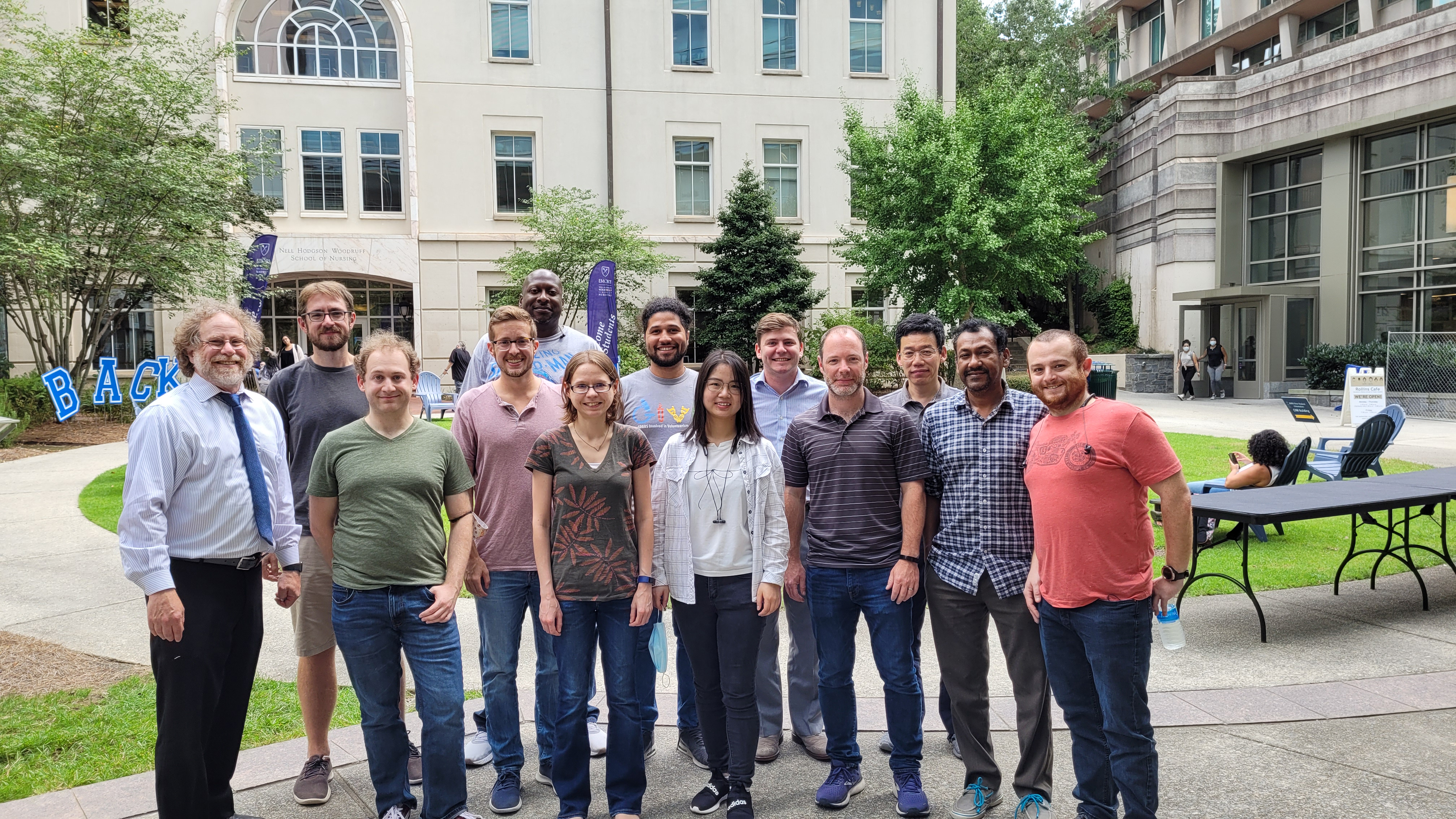Welcome to the Boss Lab
Here you will find information about my research program and activities. On the research side, we study the regulation of gene expression in the immune system. The overall focus of this work is to elucidate the molecular mechanisms by which genes in the immune system are controlled in response to developmental and environmental stimuli. It is of course the environmental stimuli that we think about most when we consider infection and cancer.
My laboratory is composed of postdoctoral fellows, graduate students, and research technicians. The lab pages will have their stories about what they do in the lab. We have also listed in PDF form, a list of our protocols that many have been interested in over the years. Additionally, MTA forms for reagents are also available, should you want to request some of our goodies.
To help young scientists with managing their careers, I have been actively engaged in publishing articles and books that describe the pitfalls and solutions to navigating one’s way through the research environment. Click on the career development pages for this resource of articles and books.
Like everyone else, I have hobbies and things that I like to do. Some good, some not as good as I would like. I play tennis, guitar, travel and shoot lots of photographs, and make furniture. Images from my travels and some of my furniture pieces are displayed within the site.
Enjoy the site.
Boss Lab Research Interests
Overlying gene regulatory mechanisms is the local chromatin architecture that controls the accessibility of genes to specific transcription factors and the ability of transcription factors to interact over long distances. Our lab investigates the role of chromatin and epigenetic mechanisms in the regulation of gene expression and the control of cellular programming in the immune system. In our model systems, we seek to elucidate the molecular processes that control:
- Epigenetic mechanisms of immune cell programming to infection
- Regulation of Programmed death-1 (PD-1)
- Major histocompatibility complex class II (MHC-II) genes
- Differentiation processes in both T cells and B cells
- Plasma cell biology
- Autoimmune diseases and cancer
In addition to evaluating human cell lines and samples, we employ animal, cellular, and molecular genetic approaches in our studies. We take advantage of mouse model systems to explore regulatory networks in vivo and to interrogate gene assembly and chromatin modification questions. We have recently developed CRISPR/Cas9 and lentiviral technologies for manipulation of immune cells, which we will use to investigate regulatory circuits and mechanisms as well as to attempt to ultimately correct/edit deleterious mutations. Over the last 5 years our laboratory has developed highly efficient genomic-wide assays to assess epigenomes, including DNA methylation, histone modifications, and accessible chromatin profiles. Combining these with transcriptomics analyses has allowed us to link phenotypes with molecular programs defining molecular and metabolomic pathways controlling immunity. All of our genomic assays can be carried out on small numbers of cells; and most recently, we have been using single cell tools to study the molecular biology of single immune cells. Through these studies we hope to develop higher-order models of immune regulation and the development of effective immune system responses. Our studies will define the roles of specific factors and pathways that we aim to ultimately target in immune-based therapies for the treatment of infectious disease, cancer, autoimmunity, and vaccination.
We currently have extensive collaborations with multiple laboratories investigating: B cell and plasma cell differentiation; T and B cell responses to influenza; HIV T cell programming and in individuals coinfected with mycobacterium tuberculosis; and in a variety of autoimmune diseases with a major focus on systemic lupus erythematosus.


